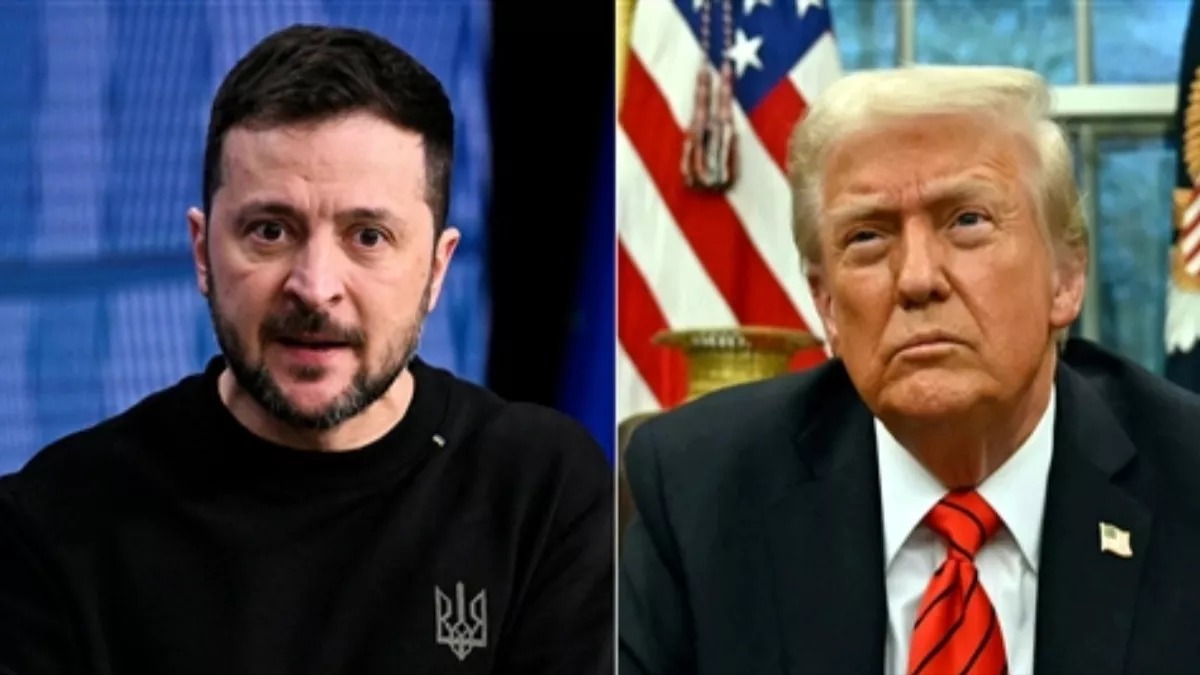
As speculation grows about Donald Trump’s potential return to the White House, questions arise regarding his stance on Ukraine and its leadership. His previous comments suggest he wants to end the Russia-Ukraine war swiftly, possibly by pressuring Ukraine into a ceasefire. But is this about peace, or are there deeper geopolitical and economic motives at play?
A Ceasefire on Trump’s Terms
Trump has repeatedly claimed he could resolve the conflict within 24 hours if re-elected. His approach likely involves negotiating a settlement that would force Ukraine to make concessions to Russia. Critics argue this could mean recognizing Russian control over occupied territories, something Ukrainian President Volodymyr Zelensky has firmly rejected.
Trump’s foreign policy philosophy has always prioritized American interests, often at the cost of long-term alliances. His skepticism toward NATO and his reluctance to provide continued military aid suggest he may push Ukraine toward an outcome favoring Russia.
The Role of Ukraine’s Vast Resources
Beyond geopolitics, Ukraine’s rich mineral reserves add another layer to the equation. The country is home to significant deposits of lithium, titanium, and rare earth elements—resources critical for modern technology, defense, and green energy. Global superpowers, including the U.S. and China, have shown increasing interest in securing access to these materials.
If Trump were to weaken U.S. support for Ukraine, it could open the door for other nations, including Russia and China, to gain more control over these reserves. Some analysts believe that his stance may align with business interests that could benefit from shifting control over Ukraine’s resources.
A Shift in U.S. Foreign Policy?
Trump’s history with Russia, including his past admiration for Vladimir Putin, raises concerns that his policies may lean toward accommodating Moscow rather than maintaining strong opposition. If he moves to sideline Zelensky, it could mark a major shift in U.S. foreign policy—one that prioritizes rapid conflict resolution and resource control over Ukraine’s sovereignty.
--Advertisement--

 Share
Share



